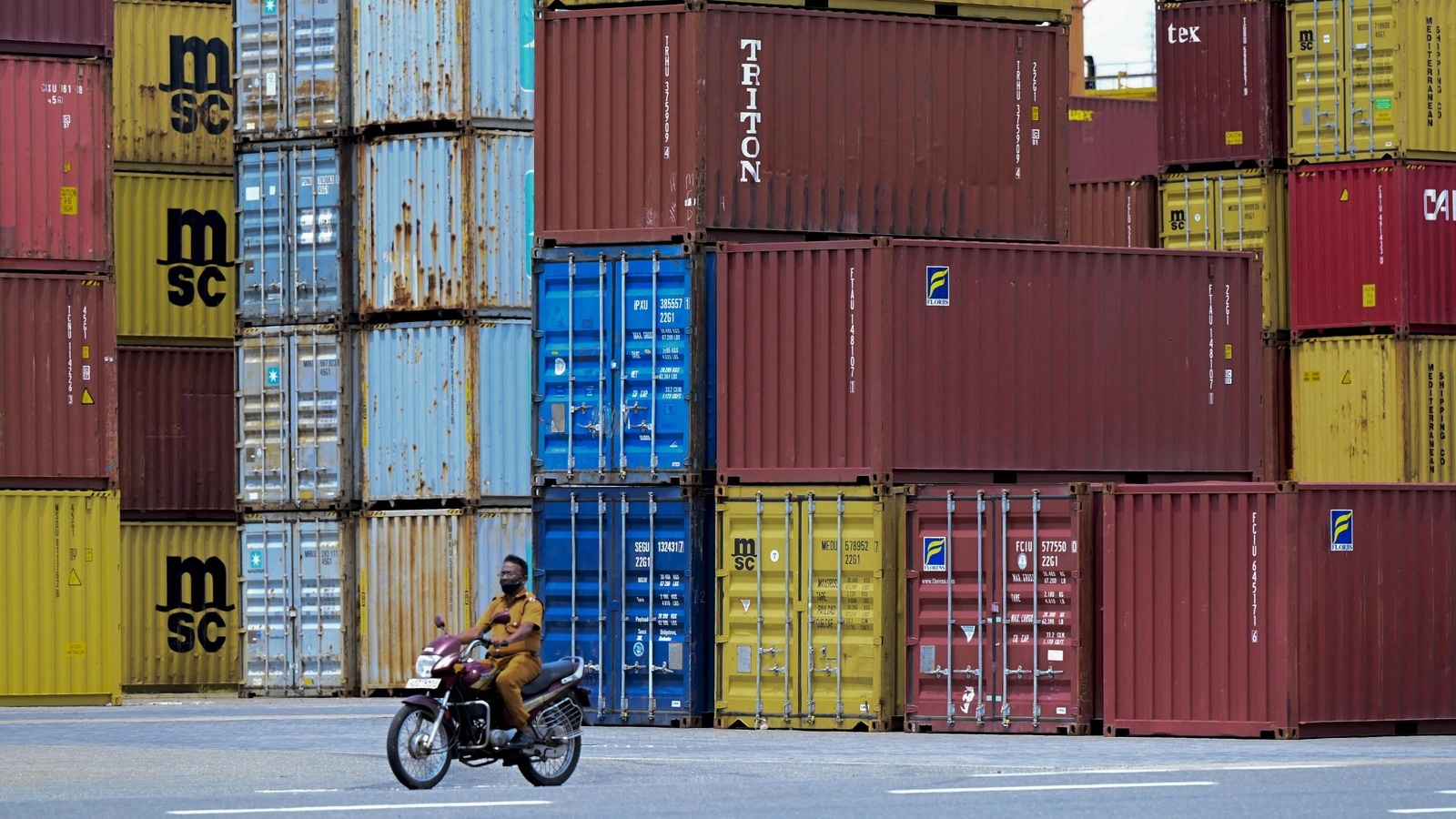China, Sri Lanka in rare diplomatic tussle over fertiliser consignment | World News

China and Sri Lanka have been involved in a rare diplomatic tussle over a shipment of organic fertiliser that Colombo refused to accept citing quality issues. In an attempt to turn Sri Lanka into the world’s first completely organic farming nation, Colombo struck a deal with Qingdao Seawin Bio-tech group, a Chinese enterprise specialising in seaweed-based fertiliser. But Sri Lanka’s decision to turn down the first consignment of 20,000 tonnes of organic fertiliser has led to diplomatic tension between the two countries.
National Plant Quarantine Service, a Sri Lankan government agency, rejected the shipment saying a sample from the cargo had pathogens that can cause crop failure. Dr Ajantha De Silva, director-general, Sri Lankan Department of Agriculture, said that the tests on the cargo samples showed that the fertiliser was not “sterile”, reported BBC.
“We have identified bacteria which are harmful to plants like carrots and potatoes,” BBC quoted De Silva as saying.
As the shipment was not allowed to unload in Sri Lanka, a state-run fertiliser company got a court order to stop the state-owned People’s Bank from paying $9 million for the cargo. While it’s not clear whether the contract terms allowed the buyer to stop payment, the Chinese embassy in Colombo retaliated by blacklisting the bank for not honouring the payment.
In October-end, the official Twitter handle of the Chinese embassy posted a timeline of the events while announcing the blacklisting of the state-run Sri Lankan bank.
The embassy, however, didn’t provide details on the quality of the fertiliser and the terms of the contract. Chinese foreign ministry spokesperson Wang Wenbin said that the cargo had already passed third-party testing, adding that “China has always attached great importance to the quality of exports.”
Qingdao Seawin issued a statement accusing Sri Lankan media of using derogatory words to “slander the image of the Chinese enterprises and the Chinese government”. It also demanded compensation of $8 million from the NPQ for the loss of reputation it has suffered following the controversy.
“The unscientific detection method and conclusion of National Plant Quarantine Service (NPQ) in Sri Lanka obviously do not comply with international animal and plant quarantine convention,” the company said.
While experts are unsure of how long Colombo can resist pressure from Beijing due to its “debt trap” diplomacy, a BBC report citing Sri Lankan officials suggest that “no organic fertiliser that violates current regulations will be allowed into the country” despite China’s financial muscle.

“평생 사상가. 웹 광신자. 좀비 중독자. 커뮤니케이터. 창조자. 프리랜서 여행 애호가.”
